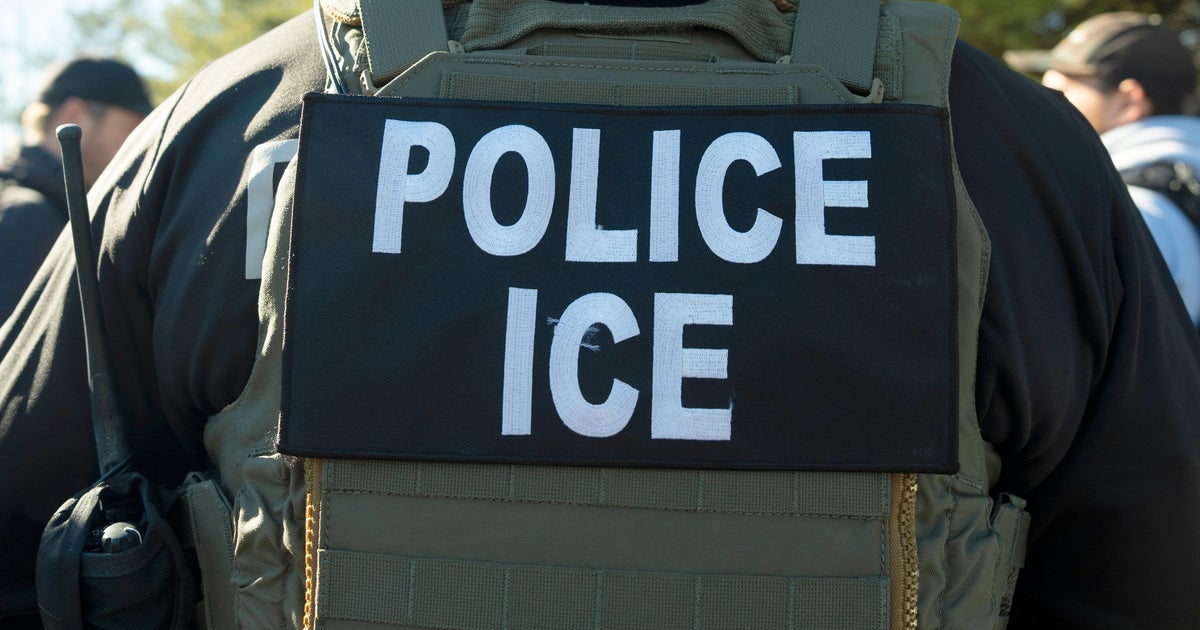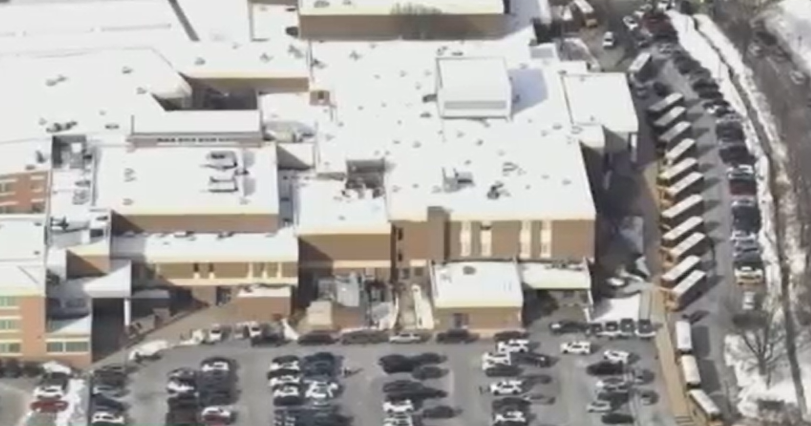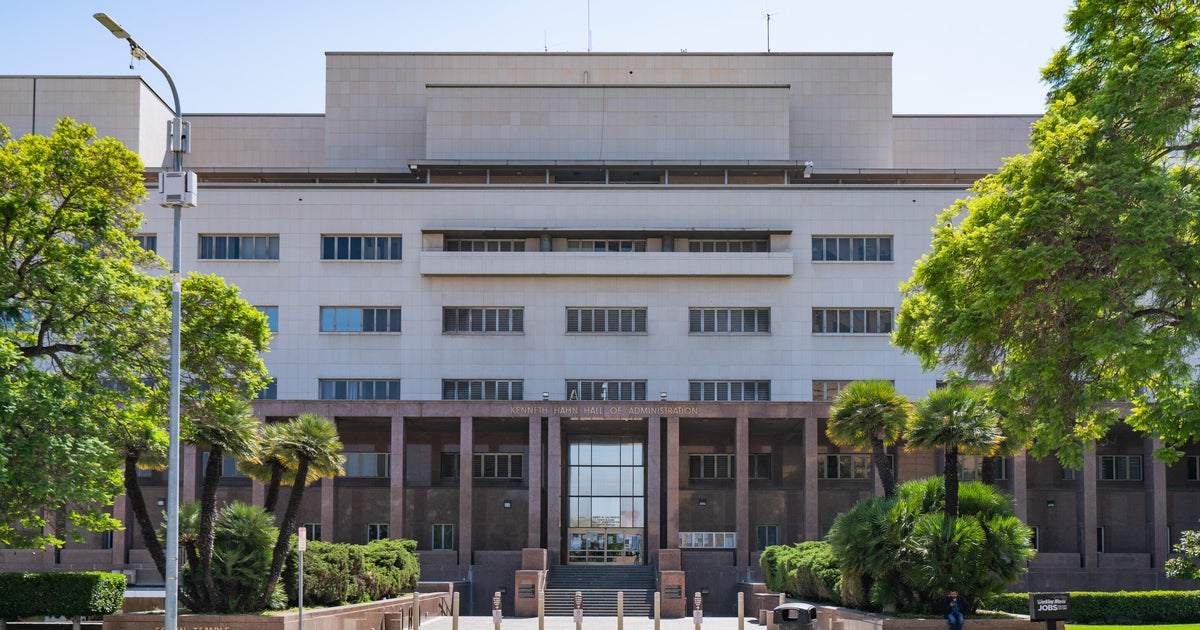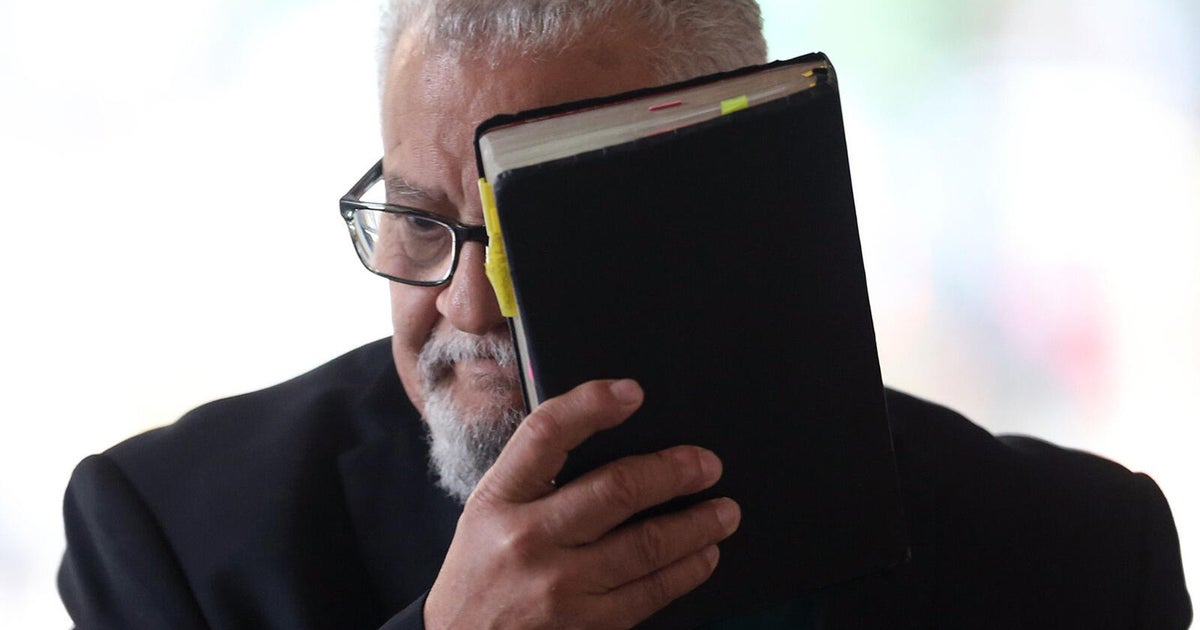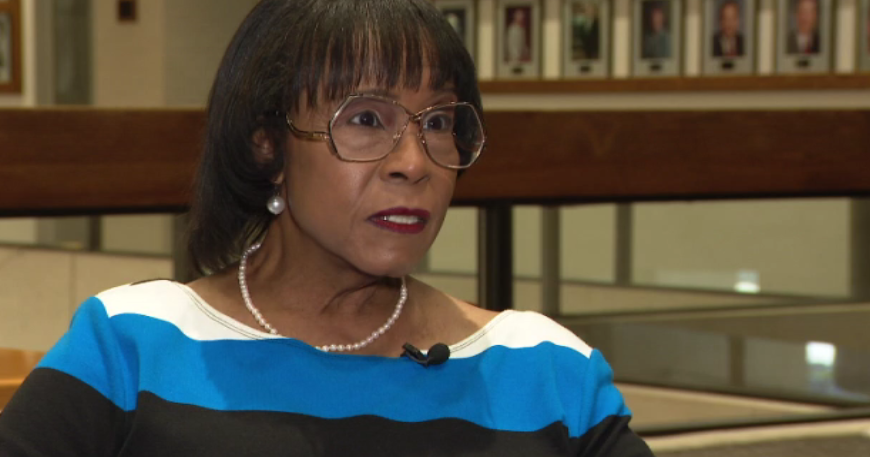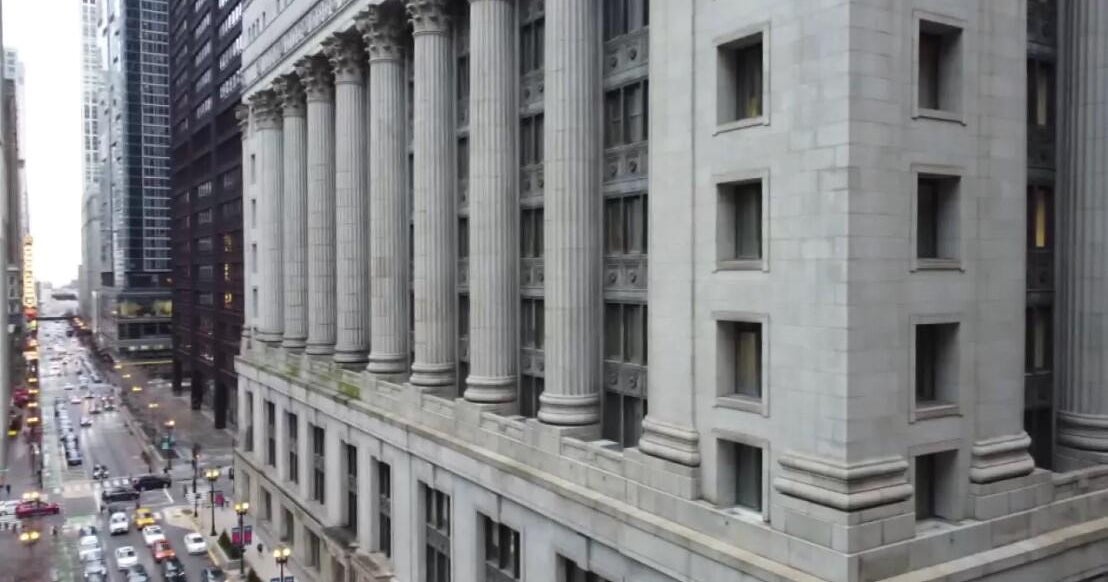D.C. Council Unanimously Approves Minimum Wage Hike
WASHINGTON (AP) -- The D.C. Council voted unanimously Tuesday to increase the District of Columbia's minimum wage to $11.50 an hour, one of the nation's highest.
The vote by the 13-member council follows a national trend in which localities and states are addressing the minimum wage in the wake of federal inaction. Last month, suburban Montgomery and Prince George's counties in Maryland also approved raising their minimum wages to $11.50. California, Connecticut, New Jersey, New York and Rhode Island have raised their minimum wages this year.
The council bill must clear one more vote before it goes to Mayor Vincent Gray's desk. The Democratic mayor has advocated for raising the city's minimum wage from its current $8.25 to $10 an hour, but not higher. However, he said Tuesday he wants to continue working with the council to find consensus on the appropriate increase and whether future increases should be tied to inflation, as the council bill would do.
Supporters said the bill would allow low-wage workers to share in the district's prosperity and continue living in the city.
"This is a major win for economic justice," said Councilmember Tommy Wells, a Democrat who is one of four mayoral candidates on the council.
Earlier this year, Gray sparred with the council over a bill that would have forced Wal-Mart and other large retailers to pay their employees a "living wage" of at least $12.50 an hour.
The council approved the bill but fell one vote short of overriding a mayoral veto. Wal-Mart had pledged not to build three of its six planned stores in the city if the bill became law.
Labor unions, Democrats and other worker advocacy groups have been protesting around the country to call attention to the difficulty of living on the federal minimum of $7.25 an hour. On Thursday, fast food workers in about 100 cities plan to walk off the job. President Barack Obama is backing a Senate measure to raise the federal minimum wage to $10.10 an hour, but the House is not expected to act on the bill.
The bill approved Tuesday would increase the district's lowest wage to $9.50 on Jan. 1, $10.50 in July 2015 and $11.50 in July 2016, with future increases tied to the Consumer Price Index to keep up with inflation. The district government is reliably liberal on economic issues, and much of the opposition has come from those who say it won't lift city residents out of poverty.
"This is not a living wage bill," said Councilmember Marion Barry, who said a true living wage would be more than $20 an hour. "In my view, this bill doesn't go quite far enough."
However, some opponents have said the bill would hurt the city's job market by forcing businesses to lay off workers or relocate. The D.C. Chamber of Commerce has advocated a $10 minimum wage, phased in gradually to soften the impact on employers.
Among large cities, San Francisco has the nation's highest minimum wage at $10.74, with Santa Fe, N.M., just 2 cents behind. Because increases in those wages are tied to inflation, San Francisco is projected to have an $11.22 minimum wage by 2016, according to the National Employment Law Project.
The council also voted Tuesday to mandate paid sick time for restaurant workers. Some councilmembers and advocates have pushed for the city to also raise the $2.77 minimum wage for workers who rely primarily on tips, which restaurant and bar owners have opposed.
(Copyright 2013 by The Associated Press. All Rights Reserved.)
